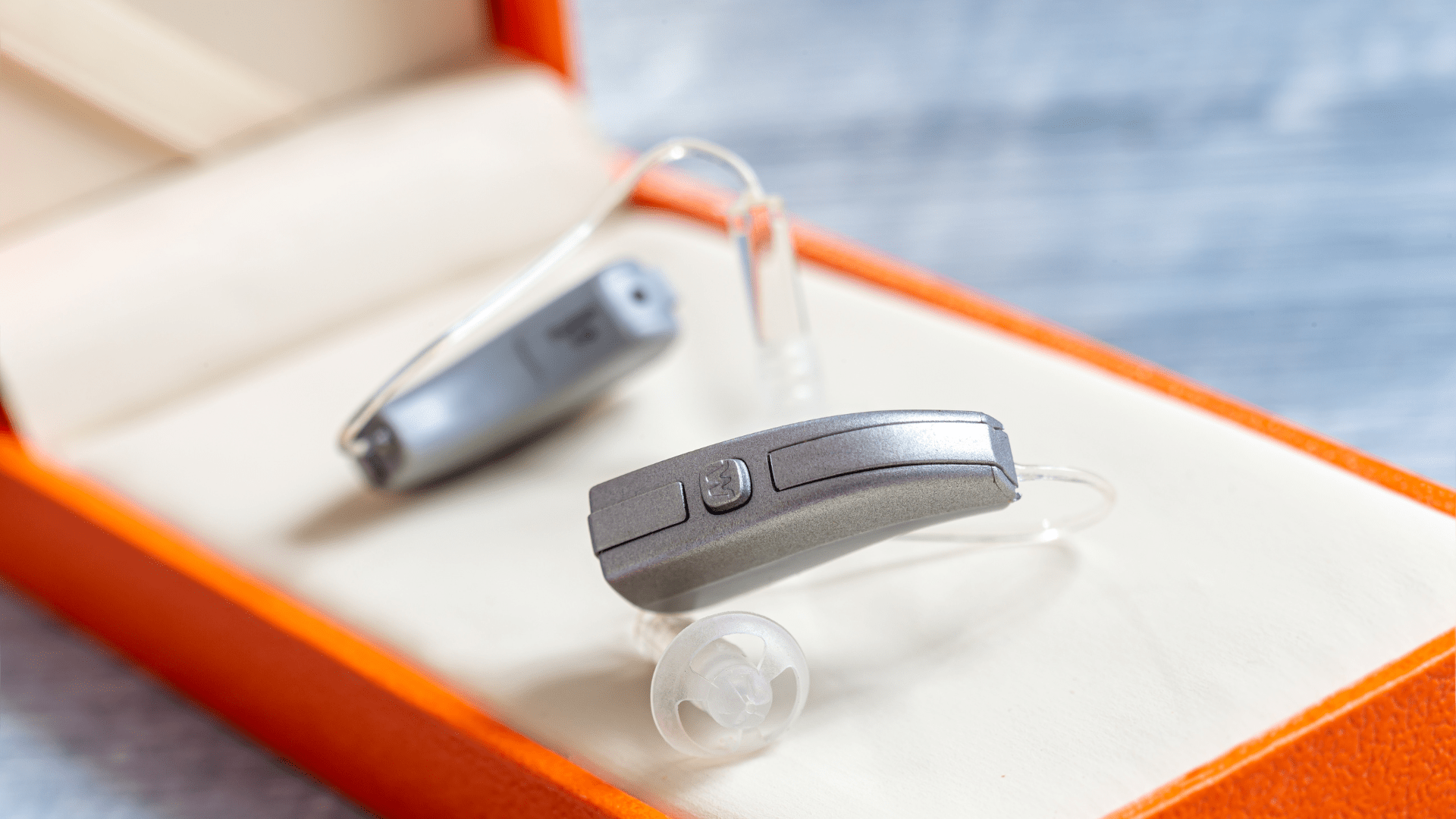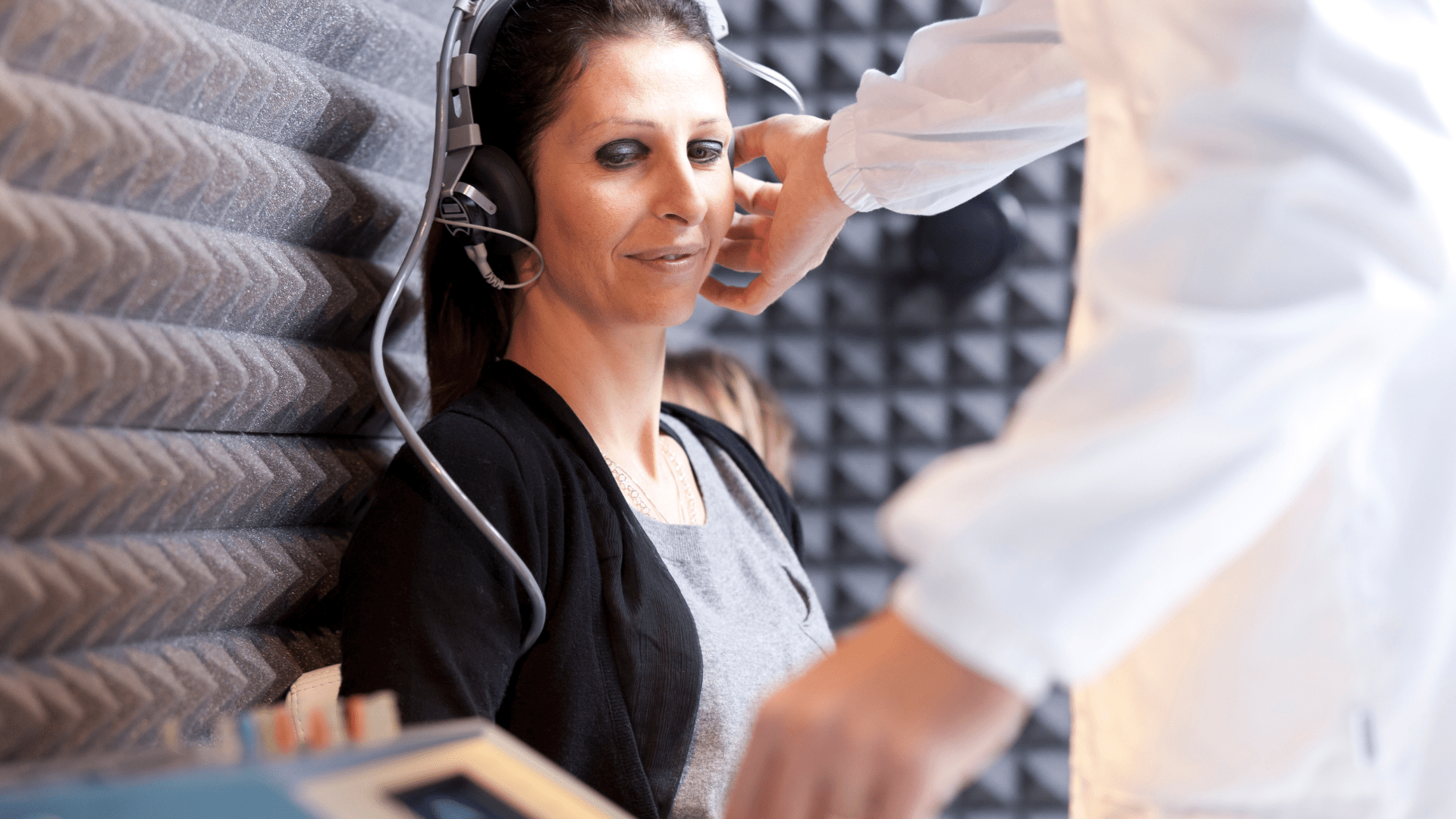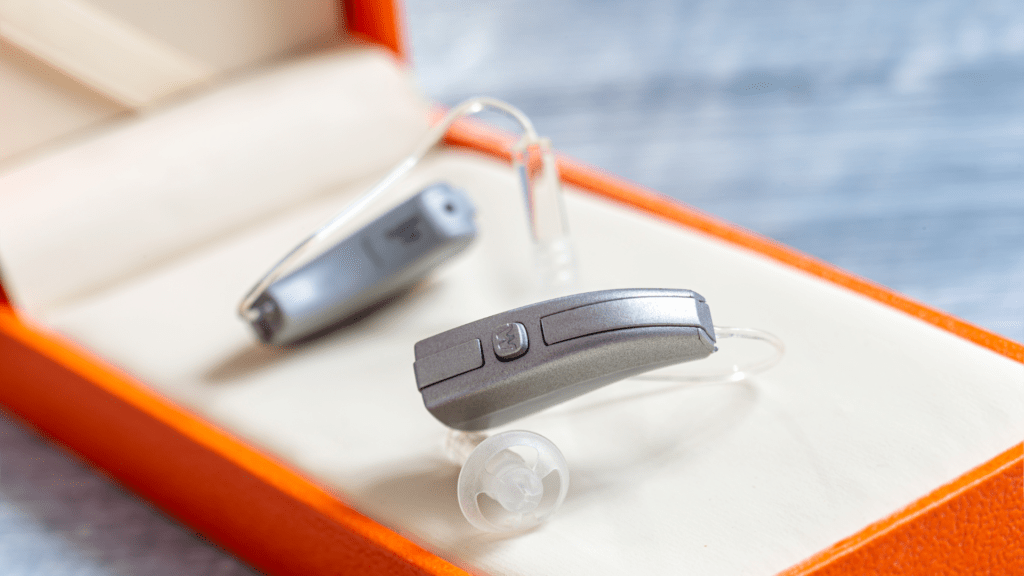Introduction
Hearing loss affects people of all ages and can significantly impact quality of life. From missing important conversations to feeling isolated in social settings, untreated hearing loss often leads to frustration and withdrawal. Fortunately, modern hearing aid technology offers effective solutions that can reconnect you with the sounds and conversations you’ve been missing. For residents of Bhilai and surrounding areas, accessing quality hearing care has become increasingly convenient.
The value of hearing aids extends far beyond the devices themselves. Professional fitting, programming, follow-up care, and ongoing support all contribute to successful outcomes. Hear Expert emphasizes the importance of these services in achieving maximum benefit from hearing technology. When comparing options, consider the total package of technology and services rather than focusing solely on device cost.

Understanding Hearing Loss
Hearing loss typically develops gradually, making it difficult to recognize in its early stages. Common signs include frequently asking people to repeat themselves, struggling to follow conversations in noisy environments, turning up the volume on televisions or phones higher than others prefer, and feeling mentally exhausted after social gatherings. These symptoms often emerge subtly, with many people unaware of their hearing decline until it significantly affects their daily life.
There are several types of hearing loss, each requiring different approaches to treatment. Sensorineural hearing loss, the most common type, involves damage to the inner ear’s tiny hair cells or the auditory nerve. Conductive hearing loss occurs when sound cannot properly travel through the outer or middle ear. Mixed hearing loss combines elements of both types. Understanding which type affects you helps determine the most effective treatment approach.
Age-related hearing loss (presbycusis) affects many older adults as a natural part of aging. However, hearing loss can also result from noise exposure, certain medications, infections, head injuries, or genetic factors. Regardless of the cause, modern hearing aid technology can help most people hear better and reconnect with their world.
Modern Hearing Aid Technology
Today’s hearing aids bear little resemblance to the bulky devices of previous generations. Modern hearing aids are sophisticated mini-computers that process sound in ways that closely mimic natural hearing. They can selectively amplify speech while reducing background noise, automatically adjust to different listening environments, and even connect wirelessly to phones and other devices.
Digital technology has revolutionized hearing aid performance. Unlike older analog devices that simply made all sounds louder, digital hearing aids use advanced algorithms to analyze incoming sounds and enhance them based on your specific hearing profile. This personalized approach delivers clearer speech understanding while keeping uncomfortable loud sounds at comfortable levels.
Connectivity features allow many modern hearing aids to connect directly to smartphones, televisions, and other audio sources. This technology enables phone calls, music, and television audio to stream directly to your hearing aids, providing clear sound without environmental interference. Some models even offer smartphone apps that allow you to adjust settings discreetly or locate misplaced devices.
Also Read Amazing features of invisible hearing aids
Finding Quality Hearing Care in Bhilai
Residents of Bhilai now have access to comprehensive hearing healthcare services. Hearing Aids In Bhilai providers offer professional evaluations, personalized fitting, and ongoing support to ensure you receive maximum benefit from your hearing technology. These local professionals understand the specific needs and concerns of the community, providing care that considers cultural and environmental factors unique to the region.
When selecting a hearing care provider, look for professionals who offer comprehensive hearing evaluations rather than simple screening tests. A proper evaluation includes pure tone testing, speech understanding assessment, and other specialized tests that provide a complete picture of your hearing ability. This thorough approach ensures that your hearing aids are precisely programmed to address your specific hearing needs.
The fitting process should involve more than simply programming hearing aids based on test results. Quality providers take time to understand your lifestyle, listening needs, and personal preferences. This information helps them recommend the most appropriate technology and ensure settings are optimized for your typical listening environments. Look for providers who include a trial period and follow-up adjustments as part of their service.
Ongoing service and support distinguish excellent hearing care providers from average ones. Hearing aids require periodic adjustments and maintenance to perform their best, and your hearing needs may change over time. Quality providers offer convenient service options, regular check-ups, and accessible support for questions or concerns that arise.

Hearing Aid Options and Styles
Hearing aids come in various styles to suit different preferences, hearing needs, and lifestyles. Behind-the-ear (BTE) models sit behind the ear with a tube connecting to an earpiece. These durable devices offer powerful amplification and are suitable for nearly all types of hearing loss. Their slightly larger size allows for more features and easier handling for those with dexterity challenges.
In-the-ear (ITE) devices fit completely in the outer portion of the ear. These custom-made aids offer a good balance between visibility, features, and ease of handling. They work well for mild to severe hearing loss and include many advanced features despite their smaller size.
Rechargeable hearing aids eliminate the need for regular battery changes, offering convenience and environmental benefits. These devices charge overnight in a special case, providing all-day power without the hassle of replacing tiny batteries. This technology proves particularly valuable for users with dexterity challenges or visual impairments.
Affordability and Investment Considerations
Hearing aids represent a significant investment in your health and quality of life. Prices vary widely based on technology level, features, and included services. Basic models offer essential amplification at lower price points, while premium technology includes advanced features for challenging listening situations. Most providers offer options at different price points to accommodate various budgets and needs.
When considering cost, remember that hearing aids typically last 5-7 years with proper care. Dividing the cost over this period helps put the investment in perspective. Many providers offer financing options that make quality hearing care more accessible. Some health insurance plans provide partial coverage, though benefits vary widely.
Residents of areas near Bhilai, including Balod, can access similar professional services, often through the same providers. Those seeking Hearing Aids In Balod benefit from this regional availability, which ensures that quality hearing care remains convenient even for those living outside city centers.

Adapting to New Hearing Aids
Adjusting to hearing aids takes time as your brain relearns how to process sounds you haven’t heard clearly for a while. Most users experience an adjustment period during which sounds may seem unusual or overwhelming. This adaptation is normal and temporary as your brain adjusts to receiving more auditory information.
Successful adaptation involves wearing your hearing aids consistently, even when at home alone. Starting in quieter environments helps you adjust gradually before tackling more challenging listening situations. Regular communication with your hearing care provider about any concerns or difficulties ensures timely adjustments that improve your experience.
Family involvement supports successful hearing aid use. When family members understand the capabilities and limitations of hearing aids, they can provide valuable support and adjust their communication habits to facilitate better understanding.
Conclusion
For residents of Bhilai and surrounding areas, accessing quality hearing care has never been easier. With professional evaluation, personalized fitting, and ongoing support, local hearing care providers offer comprehensive solutions tailored to individual needs and preferences. By taking action to address hearing concerns, you invest not just in better hearing but in overall quality of life and continued connection with the people and activities that matter most.

